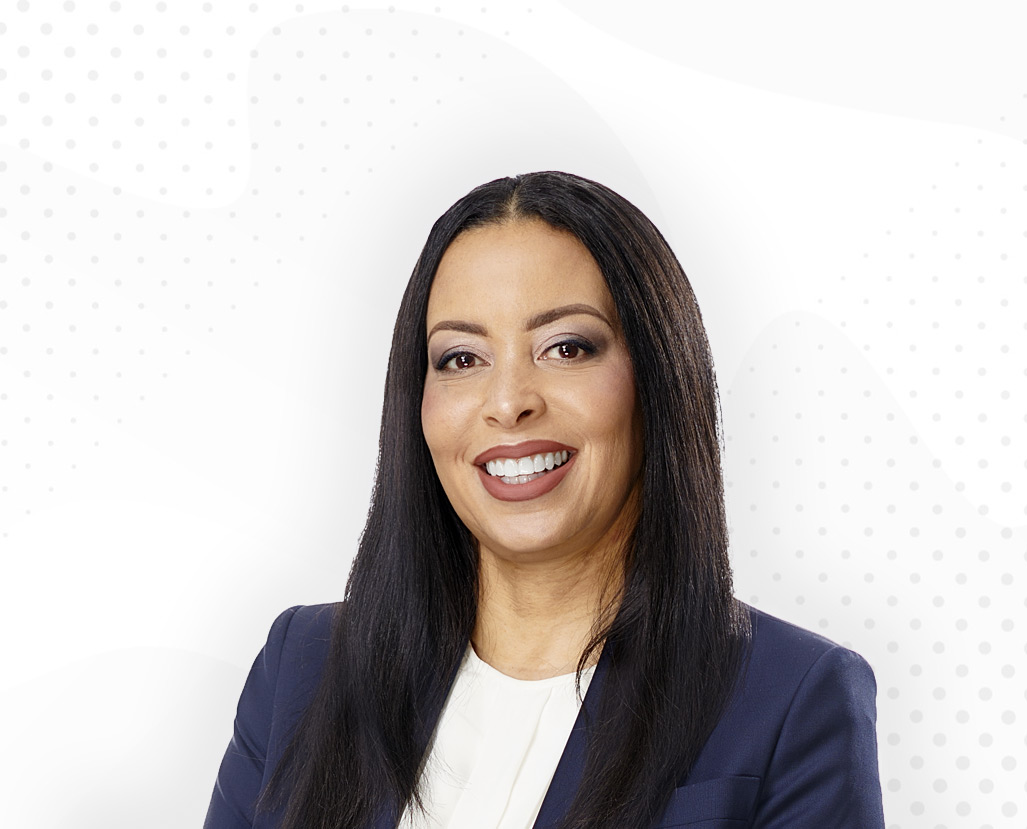As a member of the Maximus Foundation's Board of Directors, Dr. Cherry has served as president since October 2022 and chairperson since May 2023.
Dr. Cherry’s extensive experience in the philanthropic and nonprofit sectors informs her leadership as president and chairperson. She oversees corporate giving for the company and plays a key role in enhancing social impact through thought leadership, community engagement, and supporting charitable organizations dedicated to uplifting under-resourced populations served by Maximus.
As a sociocultural and educational anthropologist, Dr. Cherry has worked on social impact for over 20 years, providing support to nonprofit and for-profit organizations, museums, philanthropic initiatives, and educational institutions. She has designed and taught numerous undergraduate and graduate courses and currently serves as public anthropologist in residence at American University.
Dr. Cherry earned her Doctor of Philosophy degree in anthropology, graduating with the highest honor of distinction from American University.
She also holds a Master of Arts degree in public anthropology from American University and a graduate certificate in nonprofit studies from Johns Hopkins University. Additionally, she obtained a Master of Teaching degree in middle and secondary biology and a Bachelor of Science degree in biology from Hampton University. Dr. Cherry has completed a competitive post-doctoral fellowship at the University of Maryland, Baltimore County, in the Department of Africana Studies and the Language, Literacy, and Culture Program, as well as completed a distinguished Scholar-in-Residence Program at the Prince George’s African American Museum and Cultural Center.
